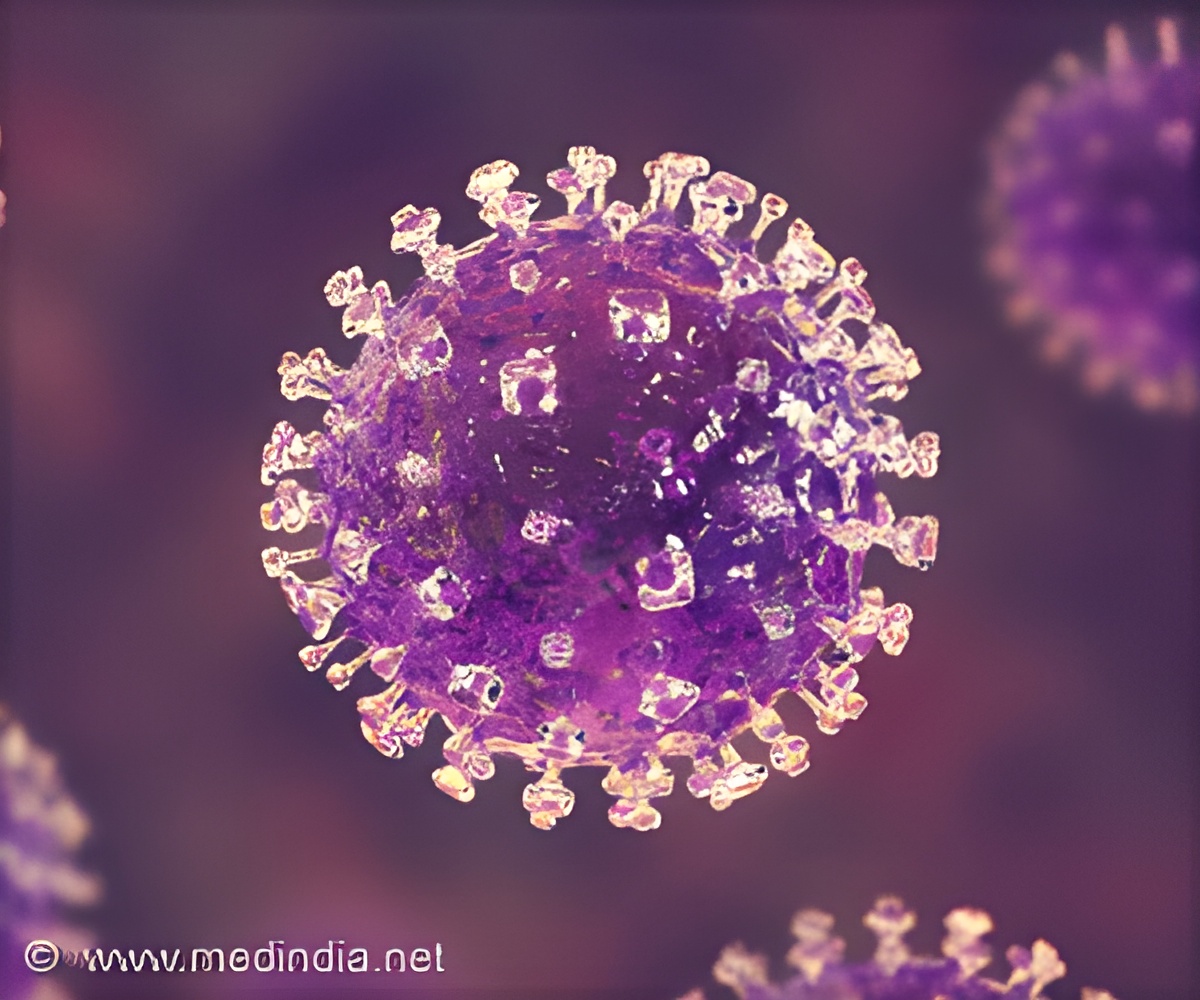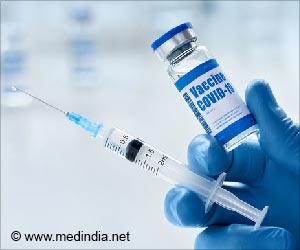Australian scientists reveal how our immune system responds to COVID-19. Antibodies produced by previous infection may not be effective against contemporary variants of the virus.

‘The approved COVID-19 vaccines are showing good responses. But, continued vaccine development is the need of the hour in the view of emergence of new variants.’
Read More..




Antibodies developed during the first wave show reduced effectiveness against new six variants.Read More..
The following COVID-19 strains and variants of concern/ interest were investigated:
First known classified SARS-CoV-2 strain (Wuhan -1 D614)
Alpha (B.1.1.7, United Kingdom)
Beta (B.1.351, South Africa)
Gamma (P1, Brazilian)
Zeta (P2, Brazilian)
Neutralizing antibodies help to shield cells that are usually the target of a pathogen. The level of neutralizing antibody response can be a defining feature of how effectively our body fights off illness. A rare group of 'super responders' was also identified as an exception.
Super respondents could prove useful for investigating the potential of convalescent plasma. Key donors could be looked at closely and their antibodies cloned for future therapeutic use.
"We can learn a great deal from these people who were infected in the first wave in Australia as they were infected with the same variant that our current vaccines are based on," said Associate Professor Brilot.
Advertisement
The research was conducted to investigate the level, breadth and longevity of the immunity generated from COVID-19 infection and whether mutation of the virus compromises immunity.
Advertisement
We, therefore, should not rely on the body's natural immune response to control this pandemic, but rather the broadly protective vaccines that are available."
SARS-CoV-2 antibody responses remained stable in some individuals, and decreased in others, no individual showed a negative response during the seven-month period.
There were two cohorts to the study--a hospital-based cohort of patients recruited during the first and second wave of infection in Australia and a national cohort of plasma donors.
The study found that the SARS-CoV-2 antibody responses are sustained for up to seven months after infection and the response remained stable in some individuals, and while it decreased in others, no individual showed a negative response during the seven-month period.
Levels of virus-neutralizing antibodies were associated with COVID-19 severity. Antibodies generated after early infection displayed a significantly reduced antibody binding and neutralization potency to globally emerging viral variants
The longevity and type of antibody response against Spike from various variants over time in serum of COVID-19 diagnosed individuals.
Source-Medindia












